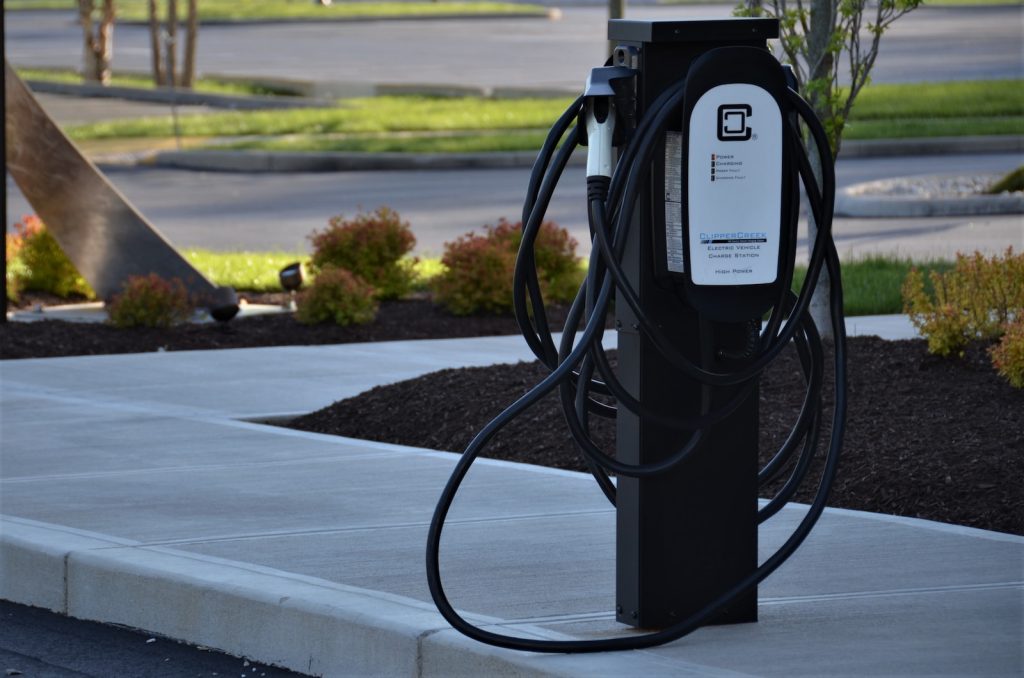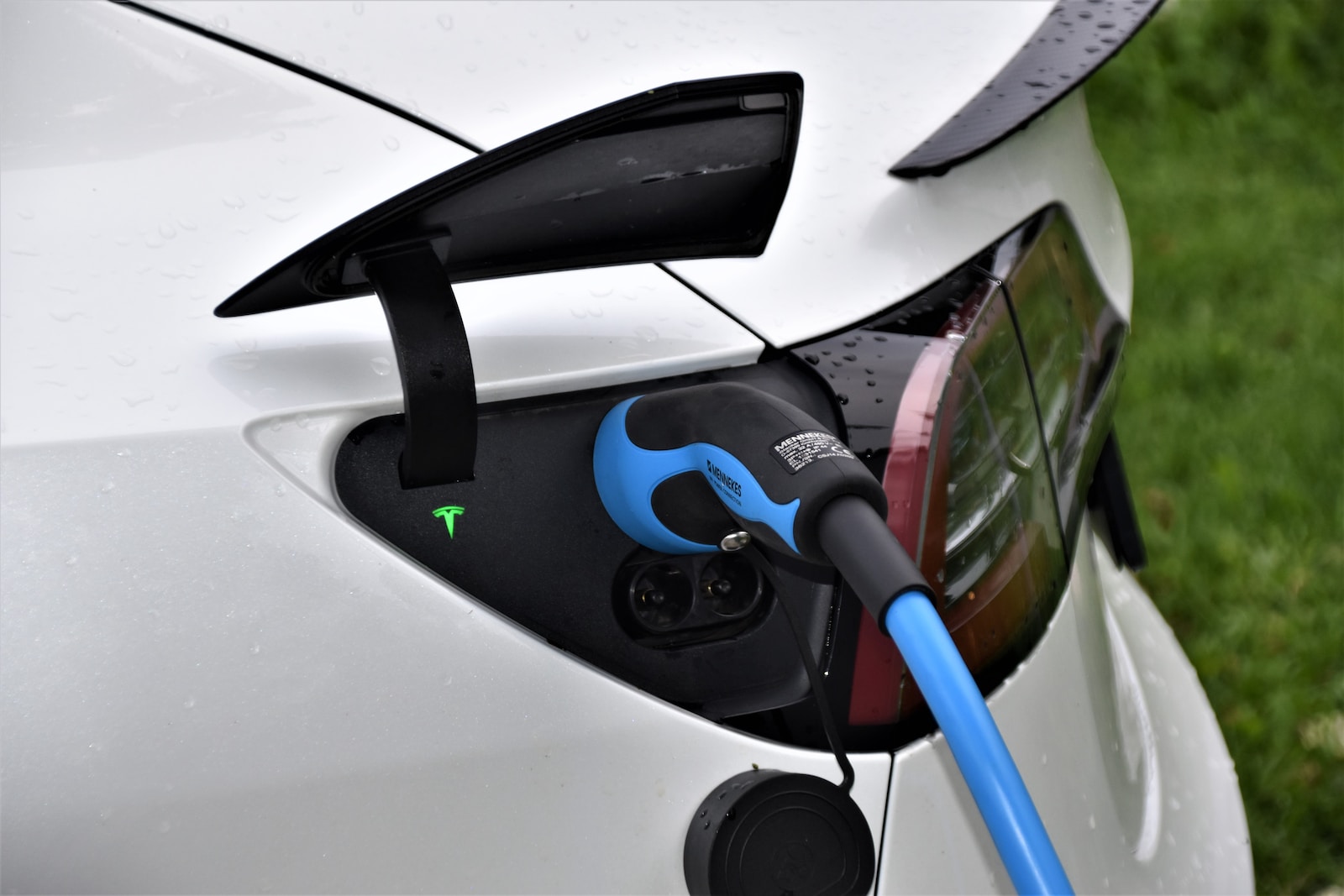As the world grapples with the challenges of climate change and the need to reduce carbon emissions, the transportation sector has become a critical focus for driving positive change. In recent years, ethical investments in renewable transportation have gained significant momentum as more investors seek to align their portfolios with sustainable and socially responsible values. In this article, we will explore some emerging trends that are shaping the future of ethical investments in renewable transportation.
Electrification of Transportation
The electrification of transportation is a transformative trend that is dramatically reshaping the industry. Electric vehicles (EVs) have gained tremendous popularity due to their lower carbon emissions and reduced reliance on fossil fuels. As technological advancements continue to improve battery range and charging infrastructure, EVs are becoming more accessible and practical for consumers.
Investing in companies involved in EV manufacturing, electric charging infrastructure, and renewable energy generation can be a lucrative opportunity for ethical investors. This trend is likely to continue in the future as governments and policymakers worldwide implement stricter regulations and incentives to accelerate the transition toward electric transportation.

Moreover, the electrification of transportation goes beyond cars. Electric buses and trucks are also emerging as viable alternatives in the commercial transportation sector. By investing in companies that focus on the development and production of electric commercial vehicles, ethical investors can contribute to reducing emissions in industries traditionally reliant on fossil fuels.
Renewable Fuels and Energy Storage
While electrification is gaining traction, renewable fuels, and energy storage technologies also play a vital role in the future of ethical investments in transportation. Biofuels, such as ethanol and biodiesel, offer cleaner alternatives to traditional fossil fuels. Investing in companies that produce and distribute renewable fuels can contribute to reducing greenhouse gas emissions and promoting sustainable transportation.
Additionally, energy storage technologies are crucial for the efficient integration of renewable energy sources into transportation. Advanced battery systems and hydrogen fuel cells provide sustainable solutions to store and utilize energy in electric vehicles. Ethical investors can explore opportunities in companies developing innovative energy storage solutions that enhance the performance and sustainability of electric vehicles and renewable transportation infrastructure.
Investments in renewable fuels and energy storage technologies not only contribute to reducing carbon emissions but also foster energy independence and decrease reliance on non-renewable resources. By supporting these developments, ethical investors can play a crucial role in driving the adoption of sustainable transportation solutions.
Sustainable Infrastructure Development
Investing in sustainable infrastructure development is another emerging trend within the realm of ethical investments in renewable transportation. As the demand for renewable transportation solutions grows, there is a need for the development of charging stations, smart grids, and other infrastructure to support the transition to cleaner transportation.
Investors can consider opportunities in companies involved in the planning, construction, and management of sustainable transportation infrastructure projects. This may include investments in electric charging networks, renewable energy projects, and smart city initiatives that integrate various transportation modes in an environmentally friendly and efficient manner.
Sustainable infrastructure development also encompasses the enhancement of public transportation systems. Investing in companies that focus on improving and expanding public transportation options, such as light rail, buses, and bike-sharing programs, can contribute to reducing traffic congestion and promoting sustainable commuting habits.
By supporting sustainable infrastructure development, ethical investors can help create the necessary foundation for a future where renewable transportation options are widely available and accessible to all.
Mobility-as-a-Service (MaaS)
Mobility-as-a-Service (MaaS) is a concept that seeks to revolutionize transportation by providing integrated, on-demand, and sustainable mobility solutions. MaaS platforms combine different modes of transportation, such as public transit, ride-sharing, bike-sharing, and car-sharing, into a seamless user experience. This approach aims to reduce private car ownership, congestion, and carbon emissions.
Ethical investors can explore opportunities in companies developing MaaS platforms, as well as those involved in the sharing economy and sustainable urban mobility solutions. Investing in MaaS can contribute to creating more efficient transportation systems, reducing environmental impact, and improving access to transportation for underserved communities.
Moreover, MaaS has the potential to improve overall transportation equity by providing affordable and convenient alternatives to car ownership. By investing in MaaS initiatives and companies, ethical investors can support the transition to a more sustainable and inclusive transportation landscape.
Impact Investing and Socially Responsible Funds
The increasing interest in ethical investments in renewable transportation has led to the creation of impact investing funds and socially responsible investment (SRI) strategies specifically tailored to this sector. These investment vehicles focus on generating positive social and environmental impact alongside financial returns, aligning with the values of ethical investors.
Investors can choose to invest in funds that prioritize renewable transportation projects, such as EV manufacturing, sustainable infrastructure development, and clean energy integration. These funds often have strict environmental, social, and governance (ESG) criteria to ensure that investments contribute to a more sustainable and equitable future.
By allocating capital to impact investing and socially responsible funds, ethical investors can actively participate in driving positive change within the transportation industry. This approach not only aligns their financial goals with their values but also supports the transition towards a more sustainable and environmentally conscious transportation system.
In summary, the future of ethical investments in renewable transportation is shaped by various emerging trends. The electrification of transportation, renewable fuels and energy storage, sustainable infrastructure development, the rise of Mobility-as-a-Service (MaaS), and the availability of impact investing and socially responsible funds all contribute to the transformation of the transportation sector.
To make the most out of these opportunities, ethical investors should conduct thorough research, stay informed about emerging trends, and seek out companies and projects that align with their values. By investing in renewable transportation, individuals and institutions can not only achieve their financial goals but also contribute to a more sustainable and equitable future.
Remember, investing in renewable transportation is not just about financial returns; it is about driving positive change and creating a better world for future generations. Together, we can pave the way for a future where transportation is clean, efficient, and socially responsible.

































